“Unfriendly countries” have been at the forefront of imposing sanctions against Russia following Moscow’s military campaign in Ukraine, with the United States and several G7 countries, along with European Union (EU) member states, leading the list.
The Russian ambassador to Budapest has explained why Hungary was included in Moscow’s list of “unfriendly countries” despite the friendly relationship between Russian President Vladimir Putin and Hungarian Prime Minister Viktor Orbán, Newsweek (US) reported on March 30, citing Russian state media.
The Russian government this month approved a list of foreign countries and territories that are believed to have committed unfriendly actions against the Russian state, companies and citizens, TASS news agency reported.
“Unfriendly countries” have been at the forefront of imposing sanctions against Russia following Moscow’s military campaign in Ukraine, with the United States and several G7 countries, along with European Union (EU) member states, leading the list.
Hungarian Prime Minister Orbán has a good relationship with President Putin. The Hungarian leader has frequently pushed back against EU sanctions and tried to block NATO military support for Kiev.
While Russia has limited gas supplies to other European countries, Moscow has agreed to increase fuel supplies to Hungary, according to Russian state media.
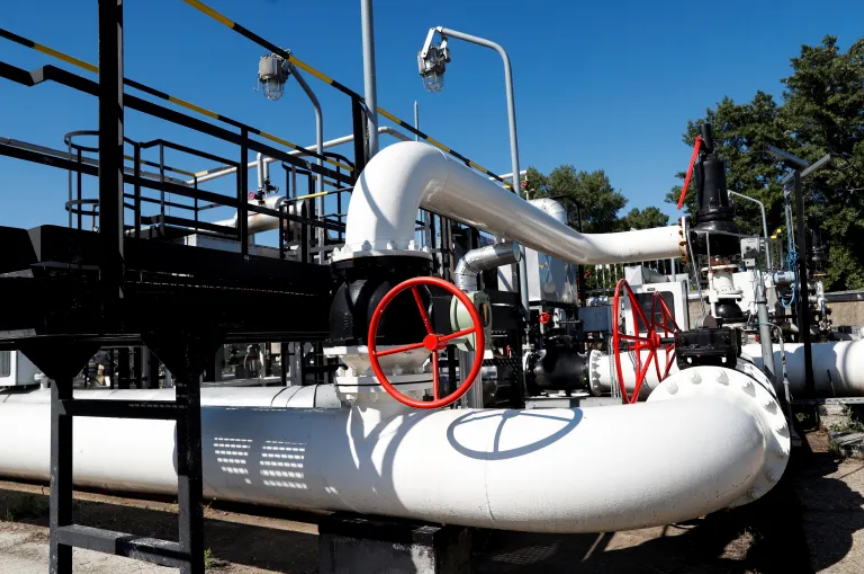
A section of the Druzhba oil pipeline between Hungary and Russia at the MOL Hungarian Group Danube Refinery in Szazhalombatta, Hungary. Photo: Al Jazeera
Last week, Gergely Gulyas, the head of the Hungarian Prime Minister's Office, said that despite being a signatory to the Rome Statute establishing the International Criminal Court (ICC), Hungary would not arrest Putin if the Russian leader visited the country. Earlier, on March 17, the ICC issued an arrest warrant for the Kremlin leader on charges of illegally transferring Ukrainian children to Russia.
Despite this, as a member of the EU, Hungary remains on Moscow's “blacklist”.
Explaining this, Russian Ambassador to Budapest Yevgeny Stanislavov told Russian state news agency RIA Novosti on March 30: “Hungary has signed all EU sanctions packages against Russia, and is obliged to strictly comply with their terms. That is why it is classified as an unfriendly country towards Russia, and is subject to our possible retaliatory measures.”
However, Mr. Stanislavov also believes that Russia will still have constructive interaction with Hungary. “Budapest demonstrates a pragmatic stance, will not give up even when under pressure from its allies in the EU and NATO,” the Russian diplomat added.
A decree by President Putin has allowed the Russian government, companies and citizens to temporarily pay foreign currency debts to foreign creditors from “unfriendly countries” in rubles.
Newsweek has reached out to the Hungarian Foreign Ministry via email for comment.
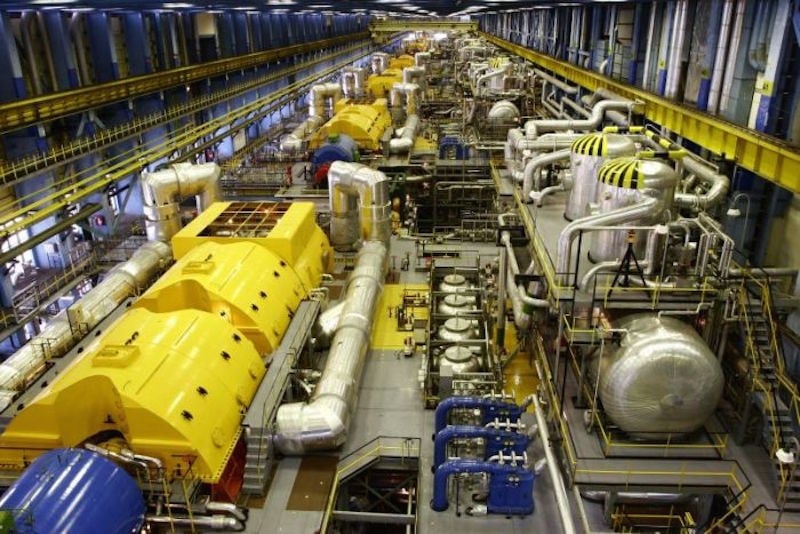
The PAKS nuclear power plant currently supplies around 50% of Hungary's electricity. Two new reactors are being built by Russian nuclear giant Rosatom. Photo: EUObserver
The first two countries to be added to Russia's "blacklist" were the United States and the Czech Republic in March 2022, just days after Russia launched its military campaign in Ukraine.
In July 2022, Russia added Croatia, Denmark, Greece, Slovakia and Slovenia to the list of countries “carrying out unfriendly actions against Russian companies and citizens”.
The list also includes Canada, UK, Ukraine, Australia, Singapore, Japan, New Zealand, Micronesia, Montenegro, Albania, Switzerland, Andorra, South Korea, Lichtenstein, Monaco, Norway, San Marino and North Macedonia .
Minh Duc (According to Newsweek, Al-Mayadeen)
Source








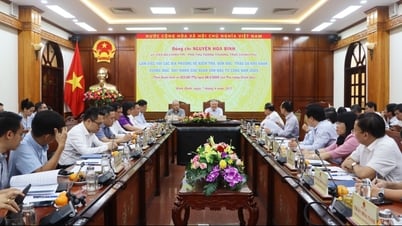


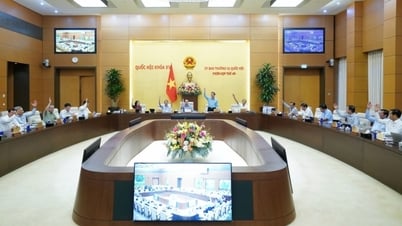

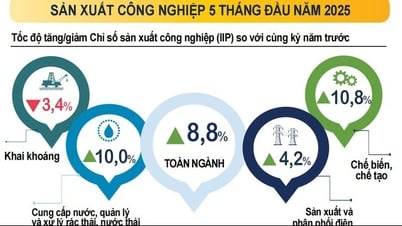
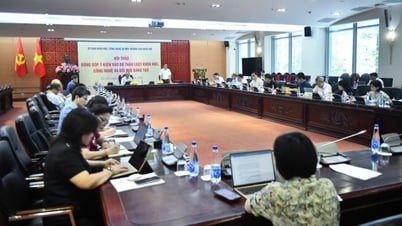





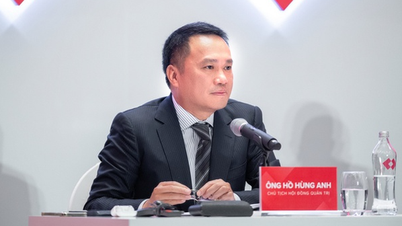


























































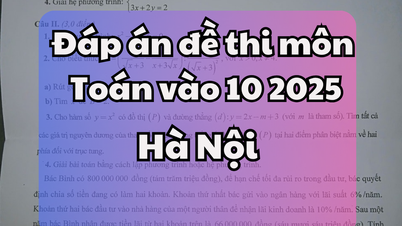








![[OCOP REVIEW] Tu Duyen Syrup - The essence of herbs from the mountains and forests of Nhu Thanh](https://vphoto.vietnam.vn/thumb/402x226/vietnam/resource/IMAGE/2025/6/5/58ca32fce4ec44039e444fbfae7e75ec)







Comment (0)